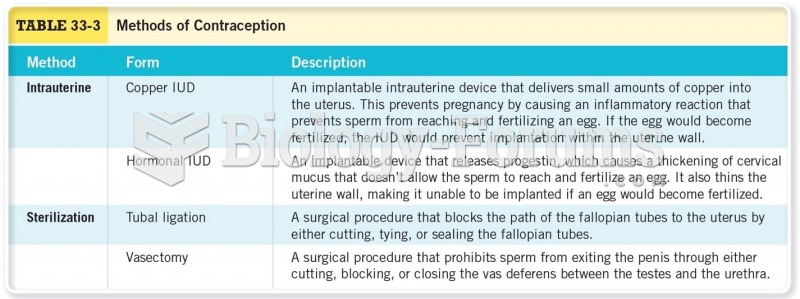Answer to Question 1
ANS: A, C, E
Research misconduct is defined as the fabrication, falsification, or plagiarism in processing, performing, or reviewing research, or in reporting research results. It does not include honest error or differences in opinion. Fabrication in research is the making up of results and recording or reporting them. Falsification of research is manipulating research materials, equipment, or processes, or changing or omitting data or results such that the research is not accurately represented in the research record. The data from this study were neither fabricated nor falsified; it is the researcher's decision when to disseminate research results.
Answer to Question 2
ANS: C, E
Voluntary consent means that the prospective subject has decided to take part in a study of his or her own volition without coercion or any unique influence. Voluntary consent is obtained after the prospective subject has been given essential information about the study and has shown comprehension of this information. In some studies, the consent form may be replaced by oral consent or the consent form may be used but the subject's signature is waived. A person who is mentally incompetent or incapacitated may be a research subject, but his or her legal representative must consent for participation. If an individual is judged incompetent and incapable of consent, the researcher must seek approval from the prospective subject and his or her legally authorized representative. It is the researcher's responsibility to confirm that the person signing the consent form truly understands what the research entails. Sometimes nursing studies have included a small financial reward of 10 to 30 or support for transportation to increase participation, but this would not be considered coercive.







